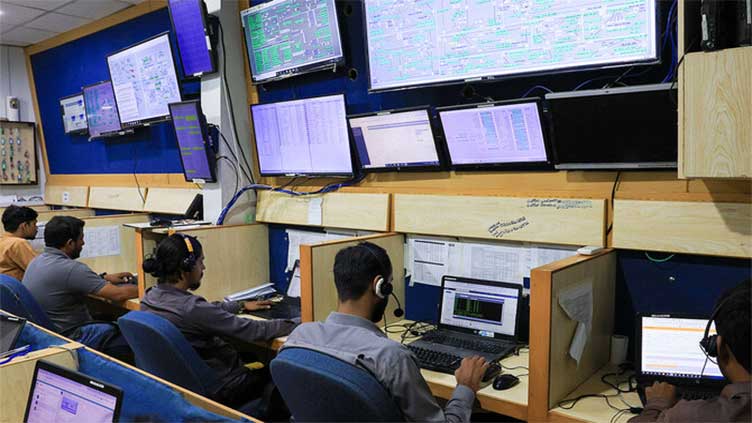VPN ban could hike IT sector operational costs by $150m annually: IT firm

Business
Pakistan’s IT sector has been thriving in recent years
(Web Desk) - The Pakistan Software Houses Association (P@SHA), the country’s top representative body for the IT sector, has warned this week Internet slowdowns and the restriction of virtual private network (VPN) services could lead to financial losses and closures and increase operational costs for the industry by up to $150 million annually.
Pakistan’s IT sector has been thriving in recent years, with exports clocking in at $3.2 billion in FY24.
Internet speeds in Pakistan have dropped by up to 30-40 percent over the past few months, according to the Wireless and Internet Service Providers Association of Pakistan (WISPAP) as the federal government moves to implement a nationwide firewall to block malicious content, protect government networks from attacks, and allow the government to identify IP addresses associated with what it calls “anti-state propaganda” and terror attacks.
Authorities have also announced a ban on the use of VPNs in the country.
Pakistan has already blocked access to social media platform X since the February general elections, with the government saying the blocking was to stop anti-state activities and due to a failure by X to adhere to local Pakistani laws.
Rights activists say all these moves are designed to stifle critical voices and democratic accountability in the country, which the government denies.
“Internet slowdown and blocking of virtual private network (VPN) services will certainly translate into an existential threat as it will result in unrecoverable financial loss, service disruptions, and reputational loss in the export of IT and IT-enabled Services (ITeS),” P@SHA Chairman Sajjad Mustafa Syed said in a statement released on Tuesday, putting “cautious estimates” of the increase in operational costs of the IT industry from VPN blockages at between $100-150 million each year.
“Even by conservative estimates the IT industry will suffer losses in tens of millions of dollars in the short term; and the reputational and intangible loses will be huge and devastating for the industry in the longer run, especially with the global competitive landscape evolving in this space,” Syed said.
He said the Internet slowdown and VPN blocks would deal a “huge blow” to one of the fastest-growing industries of Pakistan and create a “domino effect” on other sectors of the economy.
“Domestic and international IT companies will be forced to close or significantly restrict their operations in Pakistan – and it will be detrimental to the most flourishing industry of Pakistan vis-à-vis exports, skills development and employment generation,” Syed added.
“If the VPNs are blocked, most of IT companies, Call Centers, BPO [business process outsourcing] organizations of Pakistan will lose all the major Fortune 500 clients, as well as others – as data protection and cybersecurity are of paramount importance to our clients, and connecting to client systems through VPN is a global norm and standard, and is a basic requirement and expectation of clients around the world,” Syed said.
“Additionally, no international company of any size tolerates any intrusion into their security protocols by any private or public institution.”
He said the estimated financial losses from the moves did not include the inevitable loss of livelihoods of remote workers and freelancers, urging authorities to engage with P@SHA, industry leaders, and relevant stakeholders to develop a “balanced and secure framework” that safeguarded national security without compromising the operational needs of the IT and other economic sectors of Pakistan.


